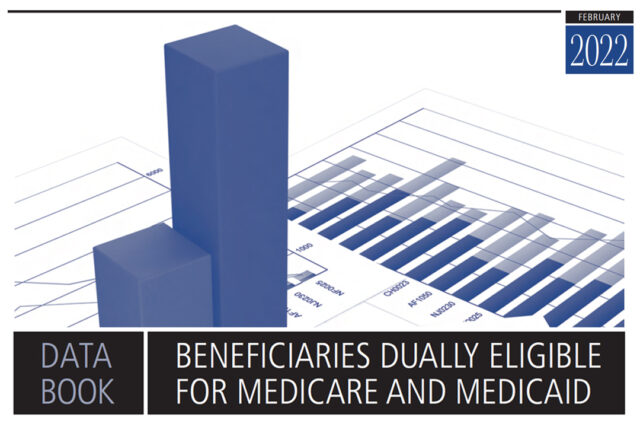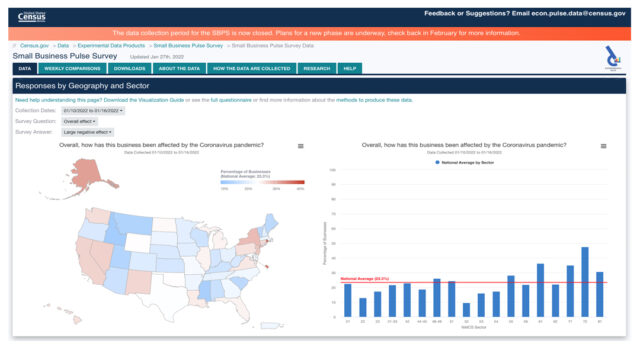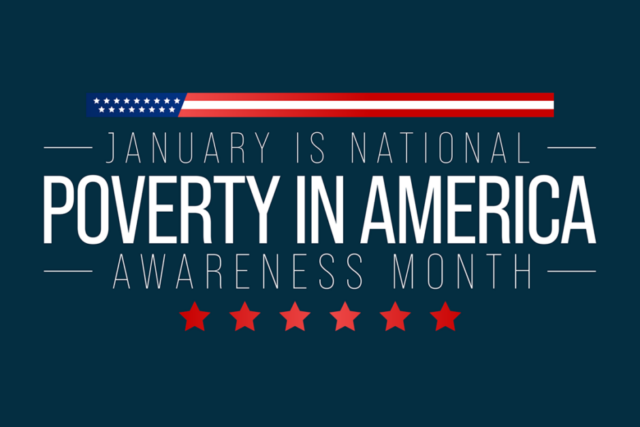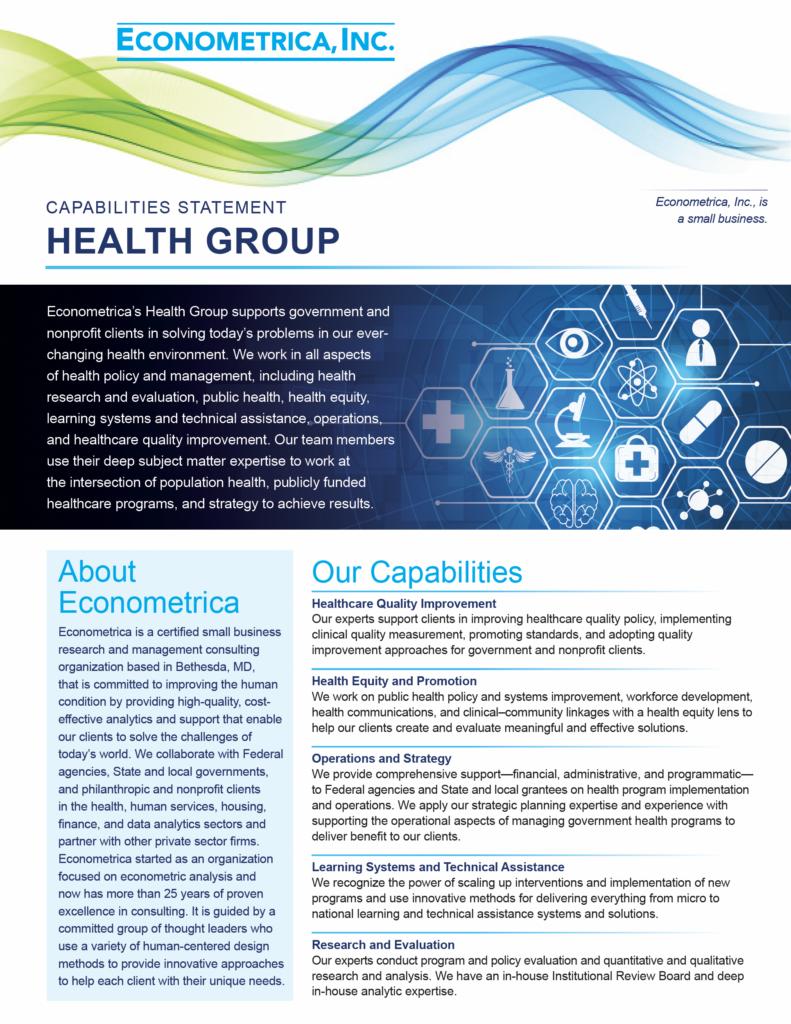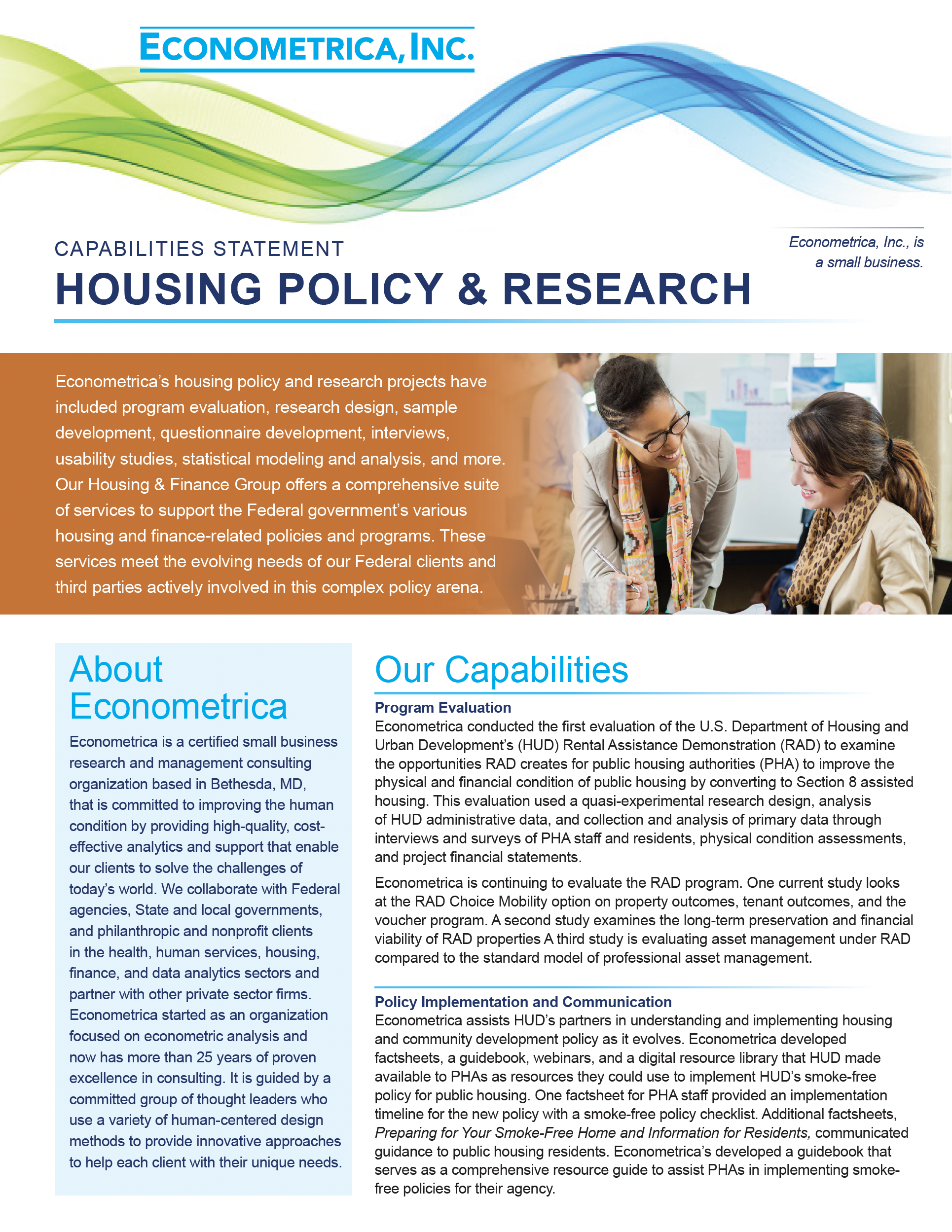
Housing Trust Fund to receive estimated $739.6 million

Housing Trust Fund to receive estimated $739.6 million
Recent data submitted to the U.S. Securities and Exchange Commission indicates the national Housing Trust Fund (HTF) will receive an estimated $739.6 million in 2022.
The estimate, based on 10-K forms recently submitted by Fannie Mae and Freddie Mac, would be an increase from the $689.7 million in 2021.
According to the U.S. Department of Housing and Urban Development, “HTF funds may be used for the production or preservation of affordable housing through the acquisition, new construction, reconstruction, and/or rehabilitation of non-luxury housing with suitable amenities.” Funds are distributed as block grants to states using a formula based on four factors that only consider renter household needs.
The Federal Housing Finance Agency is expected to announce total amounts available for the HTF in March.
Fannie Mae’s 10-K can be found at https://www.fanniemae.com/media/42821/display.
Freddie Mac’s 10-K can be found at http://www.freddiemac.com/investors/financials/pdf/10k_021022.pdf.
Work With Us, Work for Us
Econometrica specializes in research and management across numerous industries in both the public and private sectors. We are always looking to hire the best and brightest in data science, health, grants management, energy, homeland security, housing and community development, capital markets and finance, and transportation. We work as the lead service provider, and also as a capable outsource partner to other consultancies. To work with us on your next project, visit us online and email a member of our executive staff in your preferred specialty. To explore the benefits of working for us, visit our careers page.

